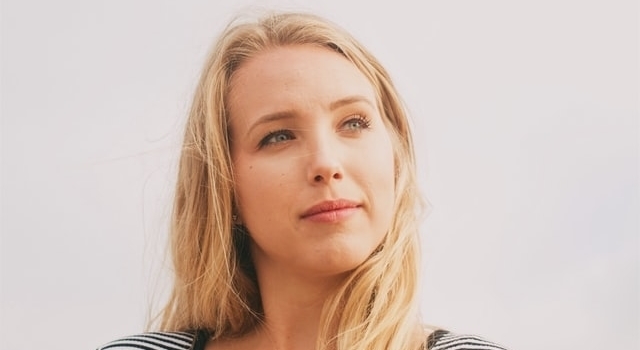Featured
Table of Contents

Routine eye evaluations are crucial for preserving great vision and finding prospective eye health concerns early. The frequency of these examinations can vary dramatically based on a person's age, way of life, and overall wellness. Comprehending the recommended routine for eye tests can help ensure that people of all ages get appropriate care and surveillance for their eye wellness.
Newborns and Toddlers (0-2 Years)
For toddlers and babies, eye examinations are essential for spotting any type of potential vision issues early on. The American Academy of Ophthalmology suggests that a child's initial eye exam ought to occur at around six months of age. Throughout this initial visit, the eye treatment professional will examine the kid's aesthetic development and look for any type of noticeable eye concerns.Following this first test, it is suggested that children have another eye examination at age 3. This check out will concentrate on evaluating the child's general aesthetic function, consisting of eye alignment and the capacity to track items. If no problems are discovered, the following test should be scheduled before the kid starts institution, typically around age 5 or 6.
School-Aged Kids (6-18 Years)
Routine eye examinations ought to be set up every one to two years when kids get to college age. Vision is crucial for finding out and growth, and several institutions carry out vision testings. Nonetheless, these testings do not replace a detailed eye examination by an eye care specialist.For children associated with sports or activities needing substantial aesthetic emphasis, yearly eye examinations may be recommended. Additionally, if a child displays indicators of vision troubles-- such as trouble reading, squinting, or frequent frustrations-- a visit to the eye physician need to be set up immediately.
Young Person (19-39 Years)
Young grownups commonly have fewer vision modifications than older age groups, but regular eye exams remain necessary. The basic referral is to arrange an eye exam every 2 years throughout this period. People with details danger aspects-- such as a household history of eye illness, diabetic issues, or those that wear get in touch with lenses-- must take into consideration annual eye tests.In addition, those who spend substantial time on digital gadgets may experience electronic eye strain. If symptoms such as dry skin, tiredness, or obscured vision occur, it may be sensible to see an eye treatment expert faster.
Adults (40-64 Years)
As individuals get in midlife, the chance of developing vision problems rises. Adults aged 40 to 64 should set up eye tests each to 2 years. This age team might start to experience presbyopia, an all-natural age-related condition that makes it testing to concentrate on close objects. Eye examinations can likewise aid identify other typical age-related conditions such as glaucoma, cataracts, and macular degeneration.If individuals in this age have danger factors such as high blood pressure or diabetic issues, they may call for even more frequent exams to check their eye health carefully.
Seniors (65 Years and Older)
For elders, normal eye tests come to be much more vital. The American Optometric Organization suggests that people matured 65 and older have an eye examination at the very least as soon as a year. Older adults go to a higher risk for numerous eye illness, including cataracts, glaucoma, and age-related macular degeneration. Early detection and treatment of these problems can prevent vision loss and improve the lifestyle.Final thought.
Recognizing the appropriate schedule for eye examinations based upon age is important for preserving optimum eye health throughout life. From infants to senior citizens, regular eye evaluations play a vital role in discovering issues early and guaranteeing that vision stays sharp. By sticking to these standards and talking to an eye treatment specialist, individuals can take aggressive steps towards maintaining their vision and overall wellness. Whether it's a child's first go to or a senior's yearly examination, prioritizing eye treatment is an investment in lifelong well-being.Table of Contents
Latest Posts
A Historical Coastline Location with Modern Delights
Published Apr 10, 25
1 min read
Host Your Perfect Occasion: Place Rental Alternatives for Every Event
Published Mar 29, 25
1 min read
Picking the Right Venue: What to Think about for Weddings, Conferences, and Occasions
Published Mar 28, 25
1 min read
More
Latest Posts
A Historical Coastline Location with Modern Delights
Published Apr 10, 25
1 min read
Host Your Perfect Occasion: Place Rental Alternatives for Every Event
Published Mar 29, 25
1 min read
Picking the Right Venue: What to Think about for Weddings, Conferences, and Occasions
Published Mar 28, 25
1 min read